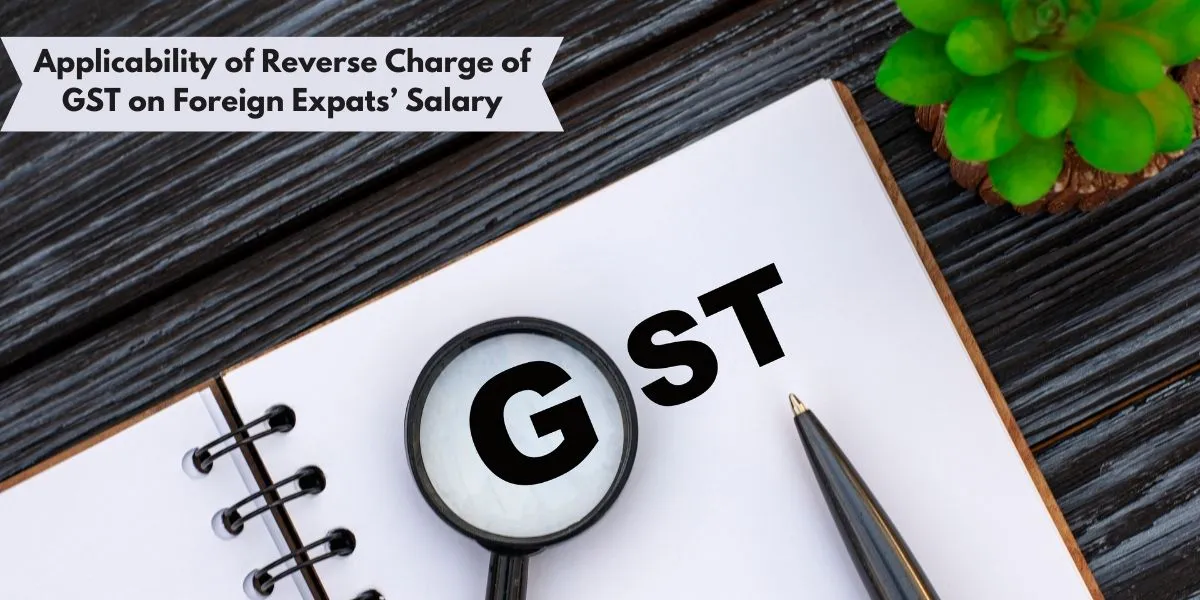


Foreign parent companies often send their employees to provide specialized services to their Indian subsidiaries. Such employees are often regarded as foreign expats and the terms of their employment and secondment are governed by the agreement entered into between the foreign parent and Indian subsidiary.
Recently, the GST department issued notices to several Indian companies that entered into such a secondment arrangement with their parent entities, demanding GST under the reverse charge mechanism. What is the applicability of reverse charge of GST on foreign expat salary and why the nature of the arrangement becomes important here? Let’s find out!
Here’s how the employment arrangements for foreign expats are entered into between the Indian and foreign entity:
As per the GST department, the services obtained by the Indian entity from the foreign entity are in the nature of Manpower Supply Services. Further, as the service provider is located outside India (parent foreign entity), the service recipient is in India (the Indian entity) and the place of supply of service is in India, therefore, this is regarded as import of services. As per the GST law, these services are therefore subject to GST under the Reverse Charge Mechanism.
[Under the Reverse Charge Mechanism, the service recipient is required to pay GST instead of the service provider]
The matter rested before the Supreme Court in the case of M/s C.C., C.E. & S.T., Bangalore (Adjudication) Vs Northern Operating Systems Pvt. Ltd. The apex court made the following observations:
Whether these services shall be treated as Supply of Manpower Services or not depends on the case to case basis. However, considering the applicability of GST on expats’ salary becomes important while drafting the agreement between the foreign parent entity and the Indian entity. GST in case of Reverse Charge Mechanism shall be paid from the Electronic Cash Ledger and not the Electronic Credit Ledger. Later on, the GST paid can be claimed as credit by the taxpayer. Therefore, GST liability under RCM can lead to huge cash outflow for such companies. In order to know the applicability of GST, the following factors become important in this regard:
Following were the important considerations relating to the applicability of GST on expats’ salary. Companies need to enter agreement such that complications due to Reverse Charge Mechanism in case of secondment of foreign expats by foreign companies to their Indian counterparts does not arise. In case you need any assistance, feel free to contact the ASC Group.
























































Leave a Reply
Your email address will not be published. Required fields are marked *